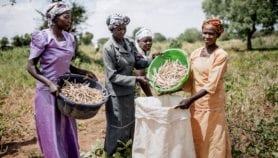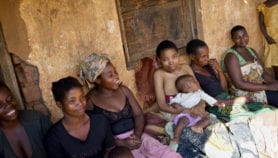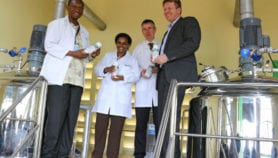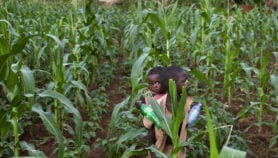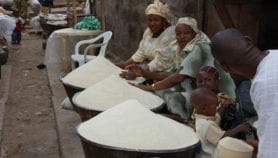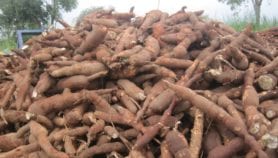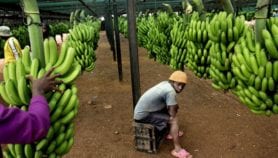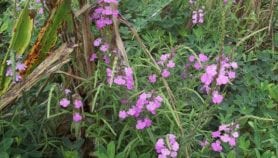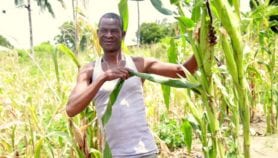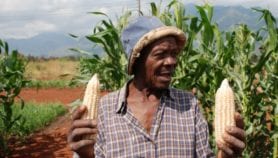Send to a friend
The details you provide on this page will not be used to send unsolicited email, and will not be sold to a 3rd party. See privacy policy.
Below is a roundup of news from or about Sub-Saharan Africa for the period 17–30 June 2010
Ugandan scientists call for biotech laws
Scientists in Uganda have called for the enactment of laws on biotechnology, arguing that "there are no known risks of infection to humans and animals from laboratory research involving agricultural Genetically Modified Organisms". In a report presented at the 15th Open Forum on Ag-biotechnology in Africa, the Uganda National Academy of Science said that GMOs have been around long enough for scientists to be able to assess possible infectious risks posed to humans. The country’s cabinet in 2008. More>>
Africa to access archived journals for free
Africans will be able to digitally access African research and cultural heritage materials free of charge under a scheme funded by the Carnegie Corporation of New York and managed by South Africa-based Sabinet. The archive currently hosts 150,000 pages comprising the journal archives of academic and scholarly research institutes. Its aim is provide access to more than 200 journals in the next three years. More>>
New rapid test for meningitis detection developed
A rapid diagnostic dipstick to detect meningitis during an outbreak has been developed. The test, evaluated in Burkina Faso during a meningitis outbreak in 2007, was developed to both identify and differentiate different meningococcal bacteria to enable administration of the correct vaccine. The authors, whose work is published in PLoS ONE, said that the dipstick rapid diagnostic test is "easier to use and to store, and requires less training for its users, than any of the prior rapid tests". But they found the test is not as sensitive as laboratory studies suggested, indicating that real field testing is essential to properly assess such kits’ performance. More>>
Rwanda to promote biogas
The Rwandan government will promote the use of biogas in a massive country-wide campaign. Collette Ruhamya, the minister of state in charge of energy and water, said that after the successful implementation of the project worth almost US$145,000 in some schools and prisons, it was essential to expand this initiative to include all of them. "Although biogas is an expensive project to start, we can work with various partners to make it a reality in all institutions," she said. More>>
Nigeria: Give us access to US$30 billion climate fund
Developing nations should be given easy access to the US$30 billion pledged by industrialised nations to help tackle climate change, Nigeria’s federal government has said. This is the only way the funds could have a "meaningful impact" on the developing world. Environment minister John Odey said in a statement that problems with accessing various climate adaptation funds had become a "source of worry" for African nations. More>>
Uganda to host coffee research centre
Uganda will host the global Robusta Coffee Center of Excellence, which aims to boost current efforts in improving the quality of the crop and enhancing its competitive edge in the world market. "Uganda has consistently registered great performance not only because her Robusta command more volumes on the world market but also, the coffee’s cupping quality has always been impressive. It is therefore, upon that background that the country was chosen to help our research drive," said the executive director of the US-based Coffee Quality Institute. More>>
Nigeria ready to join satellite quest
Nigeria’s minister of science and technology has said that the country is ready to launch three satellites as a sign of its eagerness to pursue satellite science and technology. He said he was confident that Nigeria has the infrastructure in place to launch the satellites soon. "We are going to launch three satellites in the next two and half years, two within this year … We have all it takes to do so". More>>
South Africa to assess innovation systems
South Africa’s implementation of the Organisation for Economic Co-operation and Development’s recommendations on how the country can improve its innovation policy will be assessed in three months. This evaluation is the first in a series of jobs to review South Africa’s national innovation system, ordered by science and technology minister Naledi Pandor. More>>
Compiled by Ochieng’ Ogodo
If you would like to suggest a story for this news in brief, please contact the Africa News Editor Ochieng’ Ogodo ([email protected]).


